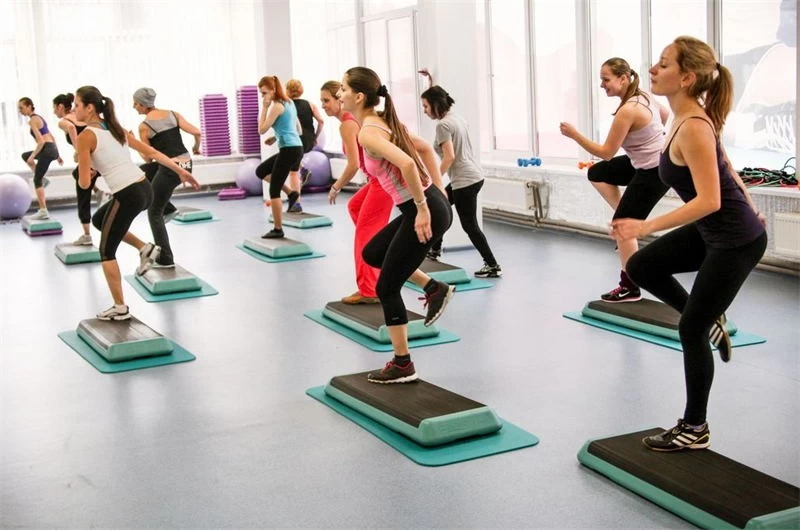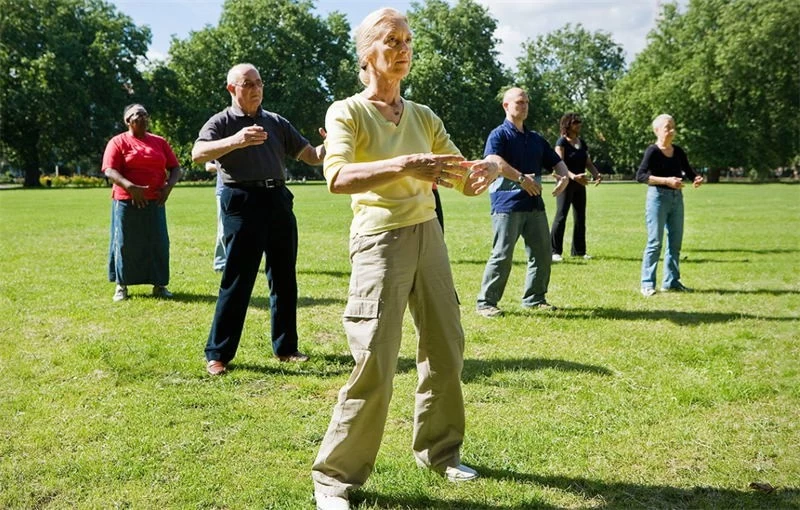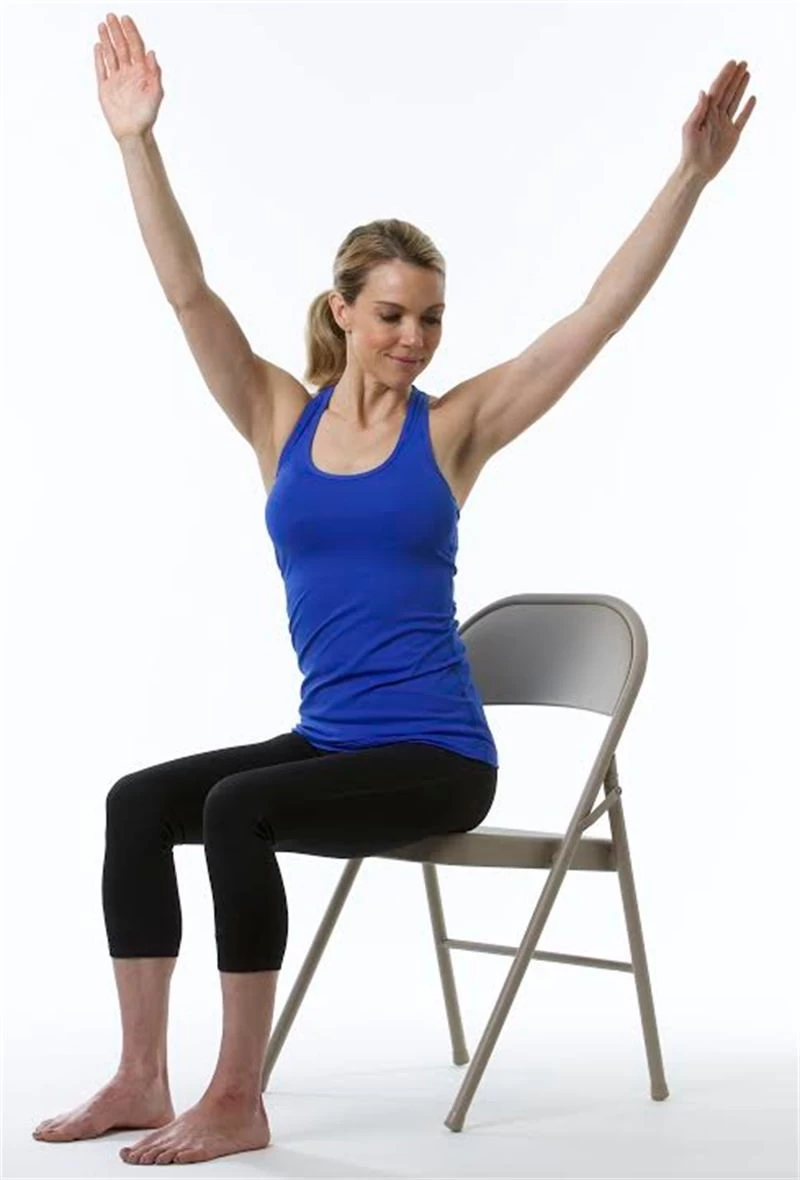You have many good reasons to become more physically active: Doing so can boost mood, help maintain a healthy weight, and keep muscles strong. Now a growing body of evidence suggests that workouts may have brain benefits as well.
Much of the research on brain health and exercise is focused on aerobics. Yet a recent analysis from the University of Canberra in Australia found that certain nonaerobic activities can also help improve brain function in people over 50.
"Even when people did have some level of decline already, they were actually able to improve their cognitive function,” says the study's author, Joseph Northey, a Ph.D. candidate in sport and exercise science.
We reviewed the most recent research to find tips on optimizing your exercise routine to help improve your brain health and keep your mind sharp.
Take a Brisk Walk
If you don’t exercise now, it’s easy to start. Just walk out your door and keep going.
It’s fine to start small. Build up from 10 minutes walking a day until you get to at least 30, says Elissa Burton, Ph.D., a research fellow in the school of physiotherapy and exercise science at Curtin University in Australia.
And if you can, pick up your pace. Getting your heart rate up will maximize the benefits to your brain, according to Helen Macpherson, Ph.D., a dementia research fellow at Deakin University in Australia. That means you should be exercising at an intensity where you start to find it difficult to have a conversation.
Do More Than the Minimum
The Centers for Disease Control and Prevention recommends that older adults get 150 minutes of this sort of moderately intense aerobic exercise each week, which is five 30-minute workouts. But the biggest boost in brain health in the Canberra study was linked to exercise sessions of 45 to 60 minutes.
So try consolidating some workouts into a longer session. Or gradually work up to 45 to 60 minutes, five days per week.
Try Tai Chi
This Chinese martial art, which consists of slow, rhythmic movements, was one of several types of exercise tied to improved cognitive functioning in the recent Canberra study.
Plus it’s low-impact, which can be good for people who haven’t been active in awhile, Northey says. It’s also easy on your joints.
Resistance Training Can Help, Too
Resistance training, exercise that causes muscles to contract, is meant to strengthen, but it may also help protect against cognitive decline. And you don’t need weights or other equipment, Northey says. The CDC recommends resistance training at least twice per week. Here are three tips to get you started:
Stand up, sit down, repeat. As long as you’re steady on your feet, try standing up from a chair without using your hands. Do this in sets of five or more anytime you find yourself sitting around the house.
Make daily tasks harder. Choose stairs over elevators and escalators. You’ll get an aerobic workout and build muscle at the same time.




